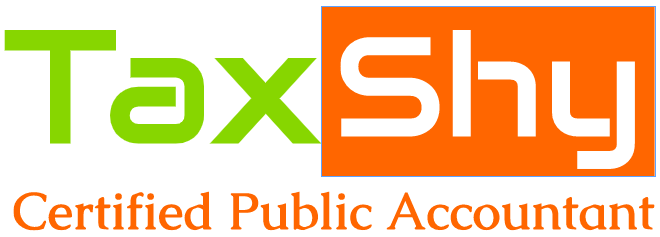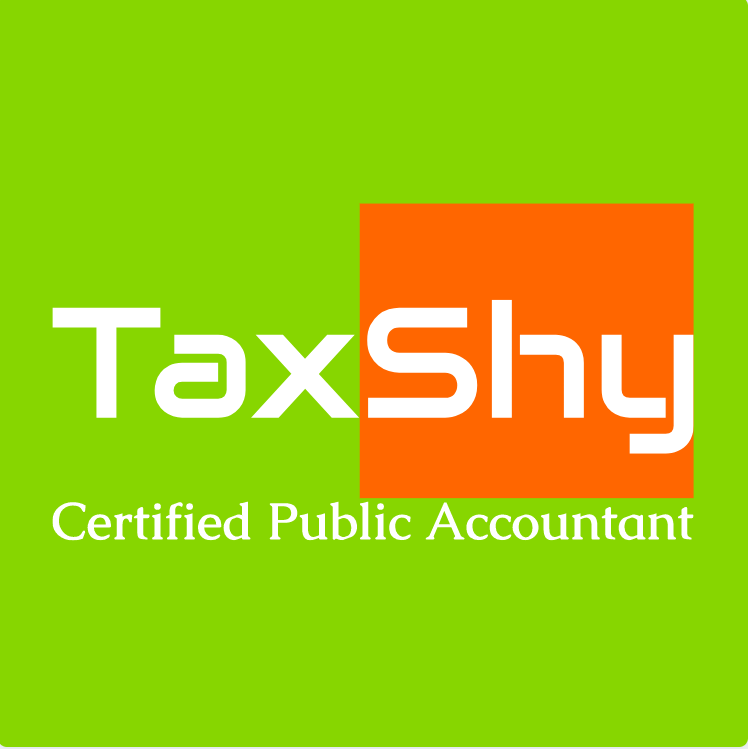Non-Qualified Stock Options (NQSO)
Executives of large companies may receive NQSO. Contractors, consultants and non-employees may also receive these if the companies want to give them more than $100,000. These options do not get the favorable tax treatment as the ISO (Incentive stock options). This article lays down the tax implications of the NQSO. If you’re granted a non-statutory stock option, you may have income when you receive the option. The amount of income to include and the time to include it depend on whether the Fair Market Value (FMV) of the option can be readily determined. The FMV of an option can be readily determined if it’s actively traded on an established market
Let’s assume for simplicity that the options themselves are not traded. You will not have taxable income when the options are granted but when the options are exercised.
Some important dates and terms:
- Offer date/Grant date – date of offering NQSO
- The strike price/exercise price/grant price/option price/offer price – The cost to purchase the shares/stock
- The exercise date/purchase date- When the NQSO stock was purchased
- The selling price/market price- the price at which the stock was sold
- The selling date – the date on which the stock was sold
When options are exercised then the difference between the market price of the stock minus the amount at which the stock was purchased on the exercise date is included in wages on the W2 and also on box 14 code “V”
The stock basis is adjusted for the amount recognized as wages.
Some more tax scenarios
- You sell the stock on the same day as you exercised them or within a year of exercise.
- You include the amount mentioned above as wages taxed at ordinary rates
- You include the difference in the sale price and purchase price (adjusted for the amount reported as wages) as short term gain/loss
- You sell the stock after a year of exercise.
- You include the amount mentioned above as wages taxed at ordinary tax rates.
- You include the difference in the sale price and purchase price (adjusted for the amount reported as wages) as long term gain/loss (taxed at capital gains tax rate, which is lower than ordinary tax rate)
Planning tip
I have noticed many times that the employers do not report the wage income correctly and do not withhold payroll taxes. Please consult your tax advisor as this is prone to error.
An 83(b) election may be an option if you are granted non-qualified stock options. The chance to pay a lower capital gains tax rate as compared to ordinary income may make an 83(b) election worth exploring.
Disclosure: This material has been prepared for informational purposes only. It is not intended as a substitute for personalized professional advice. You should consult your own tax advisors or contact us if you need help with implementing any ideas shared on this page.


